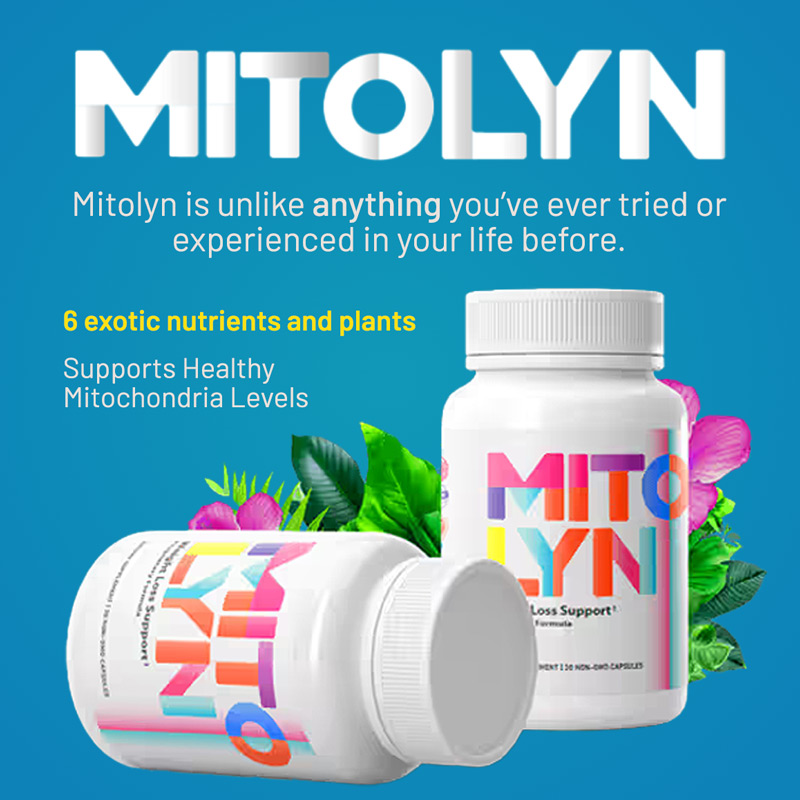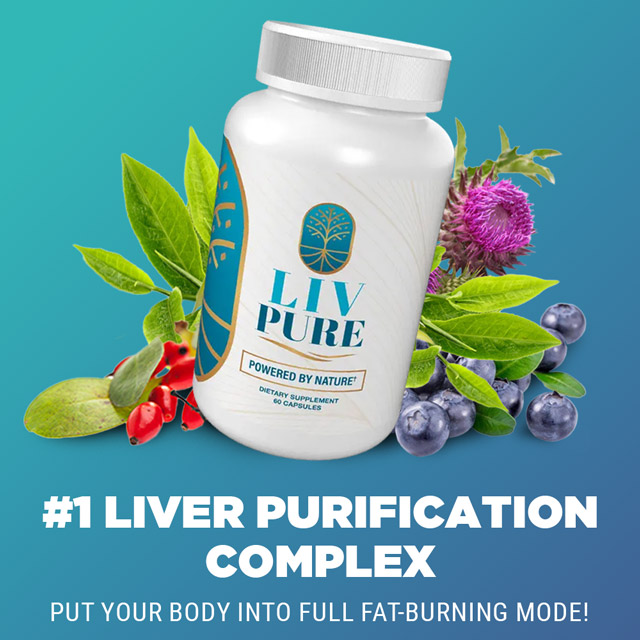The necessity of vitamin supplements is a topic that stirs a lot of debate among experts and laypeople alike. Whether or not you need to take vitamin supplements largely depends on several factors, including your diet, lifestyle, health conditions, and specific nutritional needs.
For most people, a well-balanced diet rich in fruits, vegetables, whole grains, lean proteins, and healthy fats should provide all the essential vitamins and minerals required for good health. Whole foods offer a complex mix of nutrients that work together synergistically, often making them more effective than isolated nutrients found in supplements. Additionally, whole foods contain fiber, antioxidants, and other beneficial compounds that you won’t get from a pill.
However, there are circumstances where vitamin supplements can be beneficial or even necessary. For instance, certain populations have higher nutrient needs or may have difficulty absorbing nutrients from food. Pregnant women, for example, are often advised to take folic acid to reduce the risk of birth defects, as well as prenatal vitamins to support both their health and the development of the baby. Older adults might need vitamin D and calcium supplements to maintain bone health, as the body’s ability to absorb these nutrients decreases with age.
People with specific health conditions, dietary restrictions, or lifestyles might also benefit from supplements. Vegans and vegetarians, for instance, may need vitamin B12 supplements, since this vitamin is primarily found in animal products. Those with lactose intolerance or limited sun exposure might require vitamin D. Individuals with digestive disorders like Crohn’s disease or celiac disease may struggle with nutrient absorption and could benefit from various supplements.
Moreover, there are certain nutrients that are commonly deficient in many people’s diets. Vitamin D deficiency is widespread, especially in regions with limited sunlight. Similarly, iron deficiency is prevalent, particularly among women of childbearing age, which can lead to anemia if not addressed.
Despite the potential benefits, it’s important to approach vitamin supplements with caution. Taking excessive amounts of certain vitamins, particularly fat-soluble ones like vitamins A, D, E, and K, can lead to toxicity and adverse health effects. Even water-soluble vitamins, like vitamin C and the B vitamins, can cause problems in large doses. For example, too much vitamin B6 can lead to nerve damage over time.
The key to using supplements effectively is to do so under the guidance of a healthcare professional. They can help you determine if you have any deficiencies through blood tests or other diagnostic measures and recommend appropriate dosages based on your individual needs. Self-prescribing supplements without professional advice can be risky and might lead to imbalances or interactions with other medications.
Ultimately, while vitamin supplements can play a role in maintaining and improving health for certain individuals, they are not a substitute for a healthy diet. The best approach is to aim for a varied and balanced diet first and consider supplements as a secondary measure when needed. This holistic approach ensures that you receive the full spectrum of nutrients in their natural forms, promoting optimal health and well-being.














